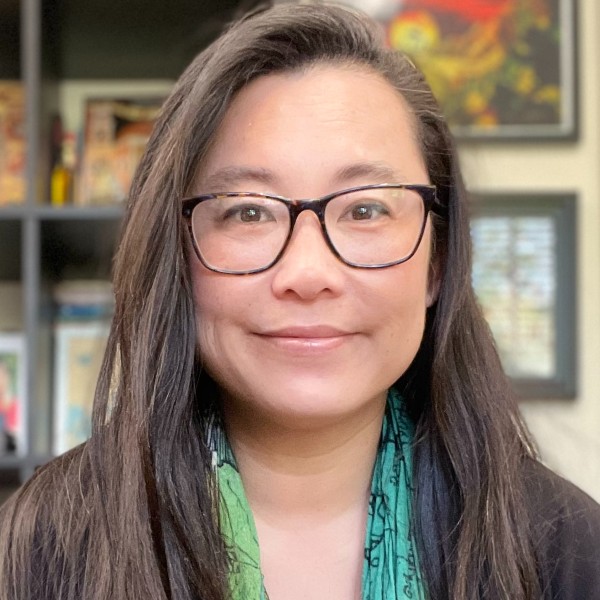When I receive a document at a meeting, I carry it to my desk and place it on a stack. I am usually unsure whether I will need the information again. The paper sits for months as the pile grows higher.
All of us have stuff that is of uncertain importance. We are not ready to trash it, but we don’t know how or when we will use it. Such stuff fills overflowing storage units and inboxes.
I recently borrowed the office of a faculty member who is on leave for a year. The beautiful view was obstructed by boxes stacked floor to ceiling. Our school never has enough storage, and apparently any unused room is at risk of becoming a closet. I wondered, What is this stuff? Why is it here? Why do any of us keep stuff? How do we decide whether to keep or to trash?
Keeping is different from storing; keeping is more about preserving. Preserving requires reviewing and discerning whether something has historical, legal or emotional importance or the potential to be used again. A document that has been preserved can be retrieved.
When I have a sense of what is important and the organization’s priorities are clear, I take time every few months to work through the stacks of paper and determine next steps. Some information is out-of-date and can be recycled; some documents need to be filed. Others are unclear, so they return to the stack to be reviewed later.
I do something similar with the notes I take in meetings. Once a week, I review them to determine key points that require action or documentation. This is part of the process I use to plan the coming week.
But many of us work for institutions that have uncertain futures, so it’s not really clear what we might need. When I don’t understand the priorities of my work or my organization, I tend to store more and more stuff. I have colleagues who do the opposite, keeping only the basics. No matter our stress response, what could help any of us know what to preserve, what to store and what to recycle?
The University of Rhode Island, faced with a $26 million budget cut following the 2008 recession, remade its general education curriculum to focus on student success. This included helping every student enroll in needed classes and reducing the difficulty of switching majors.
According to a report in Inside Higher Ed, the changes were challenging and took years, but the result has been that more students are completing degrees on time and the school is operating more efficiently. By focusing on student success, the school began generating enough tuition to allow adding faculty jobs.
URI decided to focus on a single priority over an extended period. This clarity helped leaders and their teams know where to focus and where to let go.
The move from storing to preserving requires such a sense of priority. For huge organizations, such as the 15,000-student University of Rhode Island, the process of determining and acting on a priority will take years and be fraught with disagreement. The priority has to be large enough to engage many departments and groups in accomplishing it, yet focused enough to help shift the way resources are spent. The process of gaining clarity often creates temporary uncertainty.
During such transitions, employees may struggle to understand how overall priorities will impact their daily work. URI leaders gained clarity by asking good questions, such as, What would it take to get students to graduation in four years? Then they got more granular, wondering, What would need to change for students to complete 30 hours of courses in the first year? This question helped focus attention on student advising, course requirements and scheduling. Converting the goal of student success into a series of questions created work that various departments could undertake.
It is never too late to go through stuff and sort it out. The approaching new year is a time when many have a chance to step back from routine work and ask questions about organizational priorities. What questions do those priorities prompt in my work? What problem do I have the power to solve that could help move all of our work forward? What can I cast aside to create enough time and space to work on what is most important?








